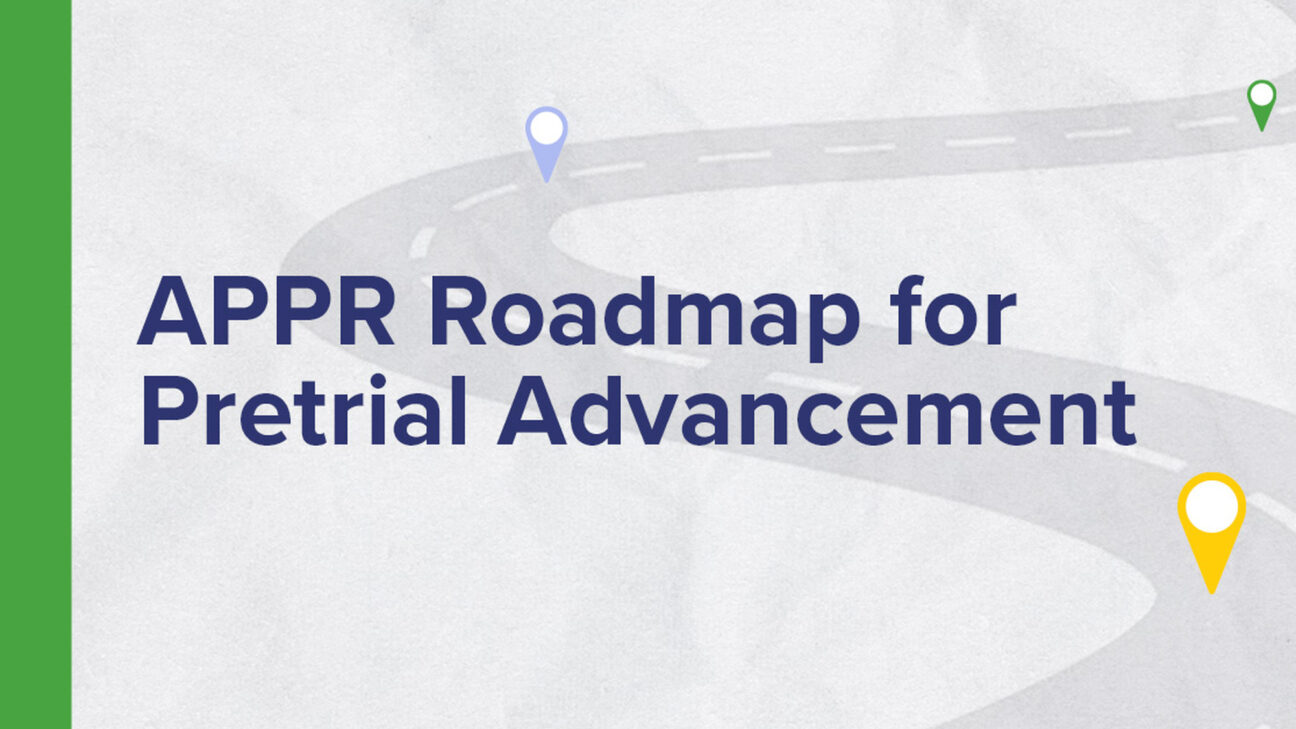MDRC studied the impacts of pretrial improvements made by New Jersey in 2017. In November 2019, MDRC released a report on the effects of the reforms on short-term outcomes. The results are compelling.
What the Study Found and Why It’s Important
- Fewer people are being arrested in New Jersey. The decrease is mainly among lower-level charges, such as public-order offenses. This means limited criminal justice resources can be redirected to more serious crimes, such as crimes against persons.
- Police officers are issuing more citations and booking fewer people into jail. Counties that once had the highest rates of jail bookings are experiencing the greatest decreases. This is significant because fewer people booked into jail means fewer people housed in expensive jail beds and fewer people needing to be transported to court for their court hearings.
- Many more people are released pretrial without restrictive conditions. This practice enables New Jersey to focus limited pretrial resources (e.g., supervision and electronic monitoring) on those who may experience more challenges.
- People who are booked into jail are released faster and spend less time in jail pretrial. This results in an overall decrease in the jail population and lessens the negative impacts of detention.
A complementary study released in 2019 by New Jersey’s Administrative Office of the Courts reported that the pretrial improvements did not result in any harmful impacts to court appearance and law-abiding behavior. In other words, people returned to court pretrial at the same high rate (nearly 90 percent), and virtually the same percentage of people (around 75 percent) remained arrest-free while on pretrial release.






